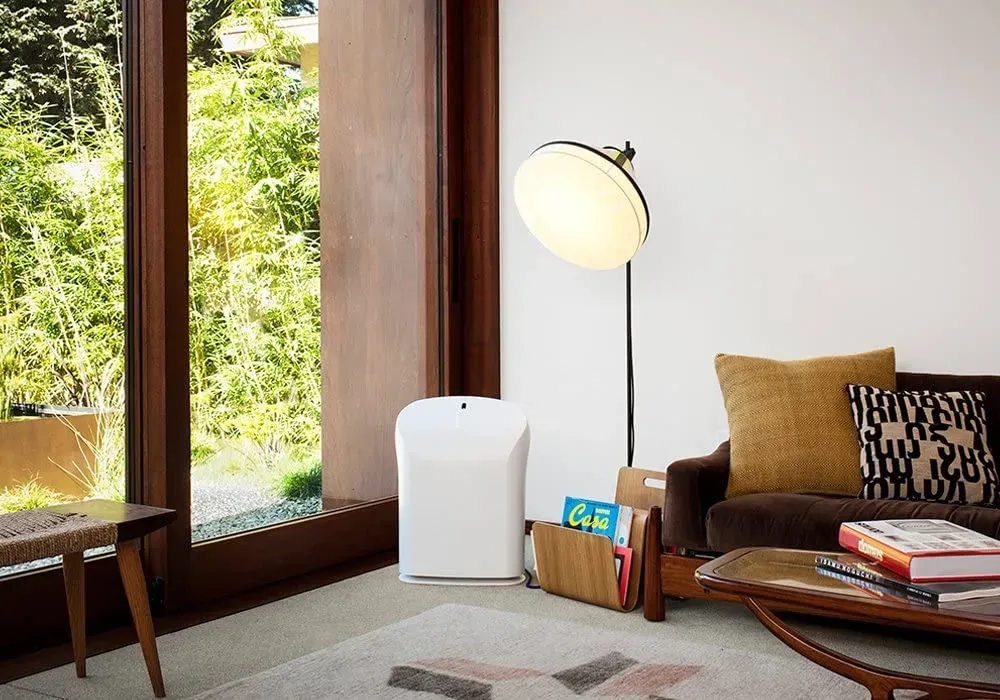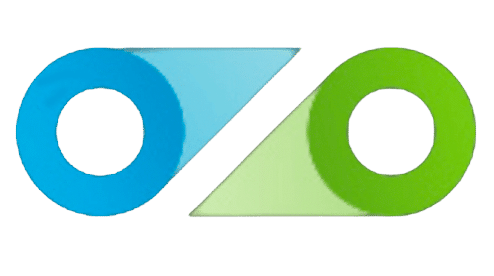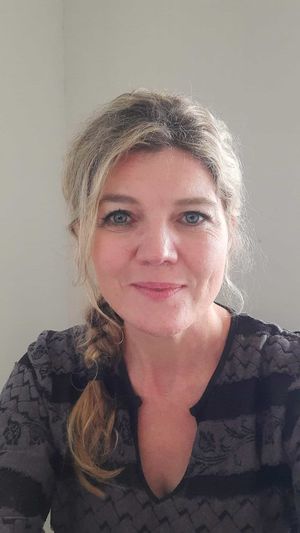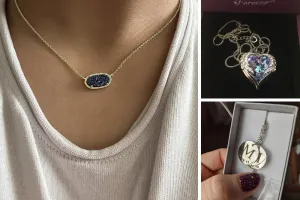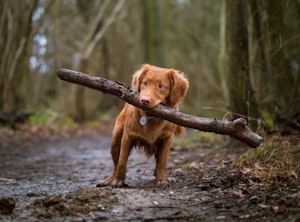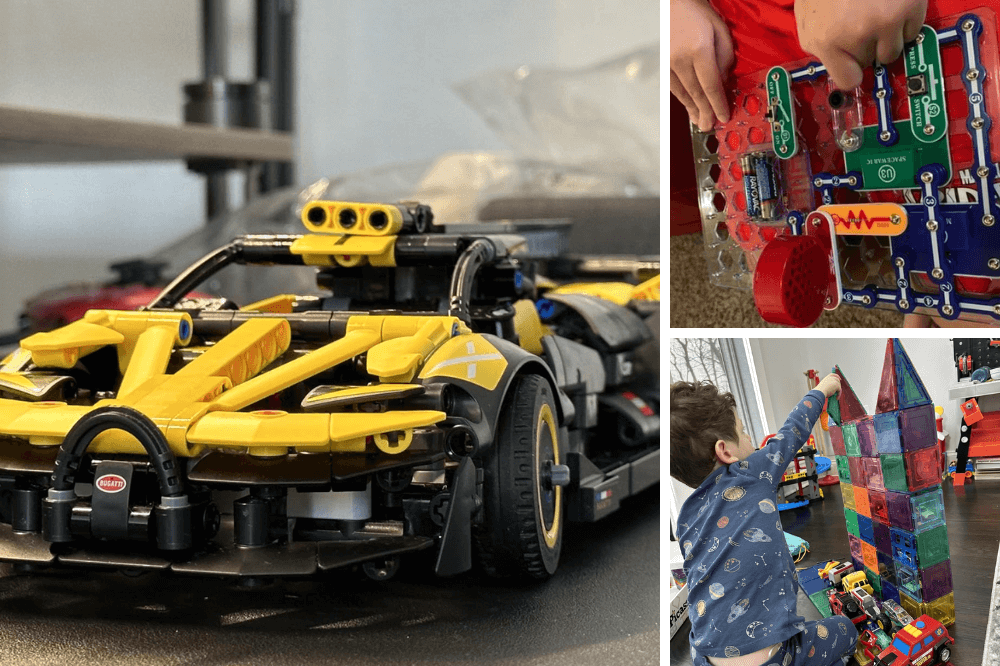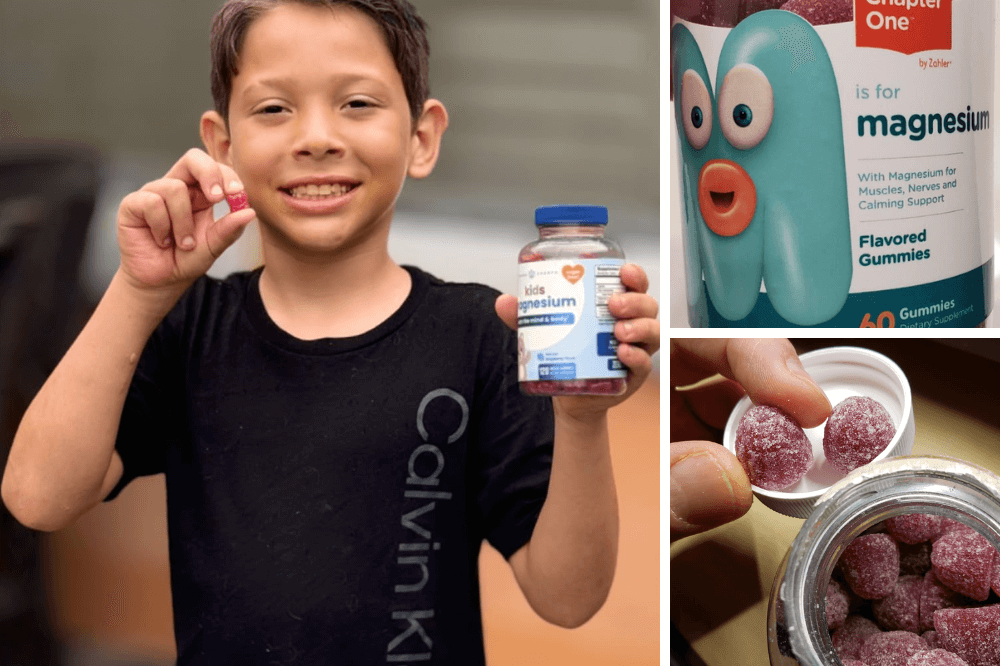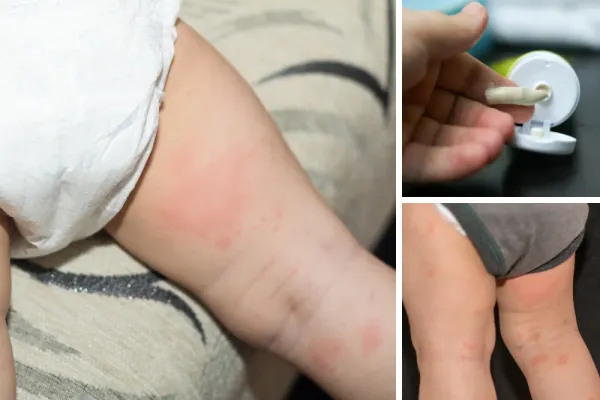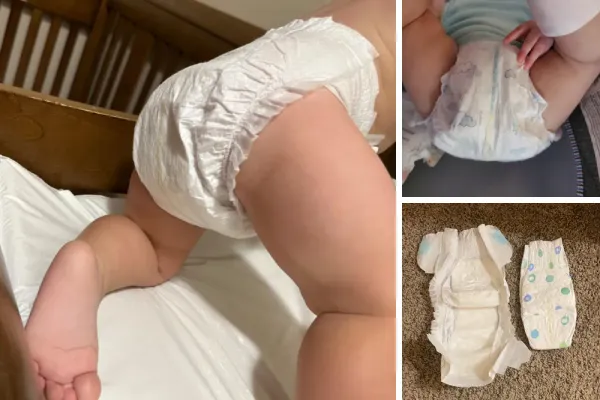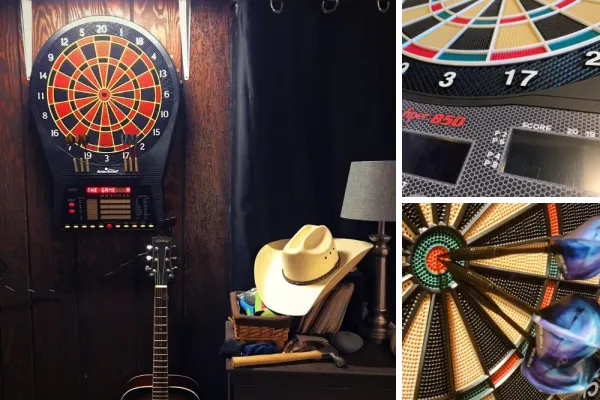Key Takeaways:
- Air purifiers can significantly reduce indoor air pollution, creating a healthier environment for your baby.
- Choosing the right air purifier with HEPA filters and avoiding ozone generators is crucial for baby safety.
- Regular maintenance and proper placement of air purifiers ensure their effectiveness and safety in your baby's nursery.
The Concern: Poor Indoor Air Quality
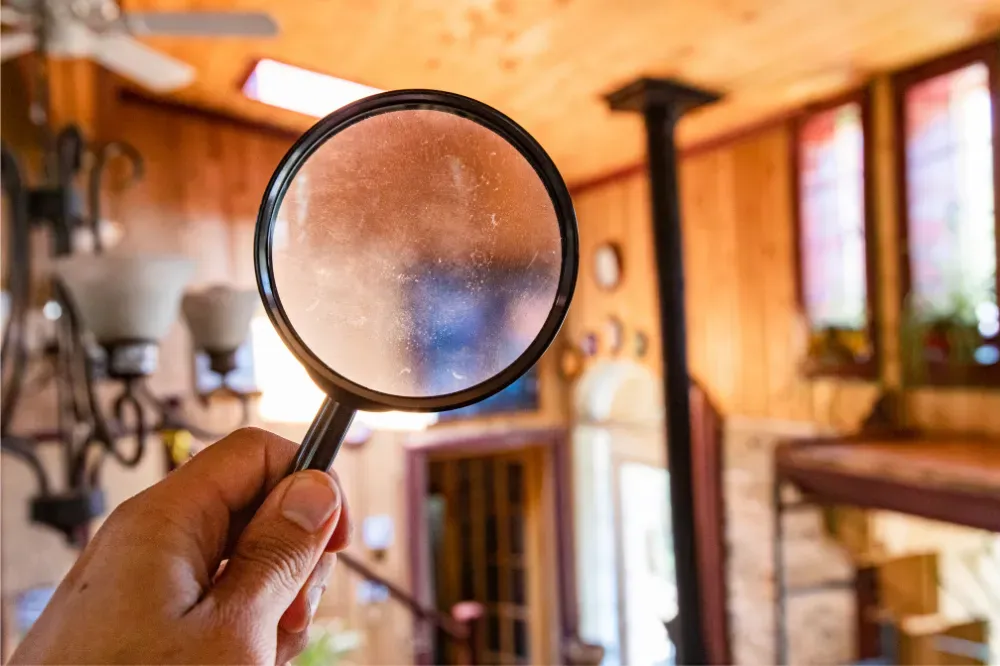
Poor air quality is a growing concern, especially for the delicate respiratory system of infants. The Environmental Protection Agency (EPA) has highlighted that indoor air pollution can be several times higher than outdoor levels. This polluted air, filled with tiny particles such as dust mites, pet dander, and volatile organic compounds (VOCs), can pose risks to a baby's health.
For a newborn baby whose immune system and lungs are still developing, exposure to airborne pollutants can lead to respiratory problems and allergies. Therefore, ensuring the air inside your home, particularly in the baby's room, is clean and free from harmful particles is essential.
The Solution: Air Purifiers in the Nursery
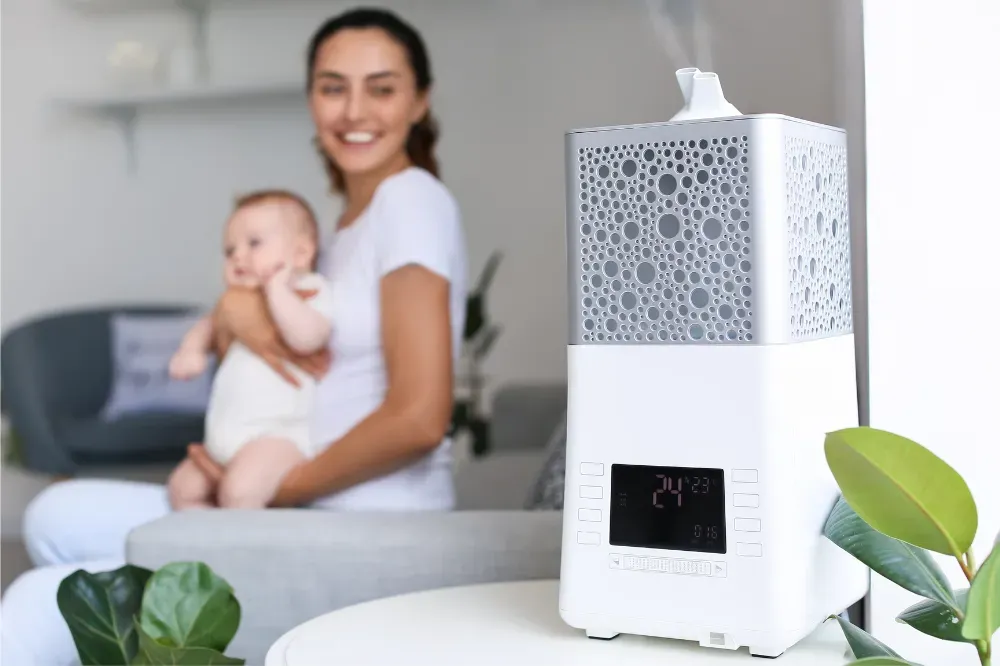
Most air purifiers are designed to clean the air by trapping airborne particles and pollutants. High-Efficiency Particulate Air (HEPA) filters are particularly effective, capable of capturing 99.97% of particles as small as 0.3 microns. This includes common allergens like pollen, mold spores, and pet hair, which are often found in a baby's nursery.
Additionally, air purifiers with activated carbon filters can remove unpleasant odors and harmful chemicals from the air, such as those emitted by new furniture or cleaning products. By reducing these airborne contaminants, air purifiers can help create a fresh and healthy environment for your baby to sleep and play in.
Choosing the Safest Air Purifier
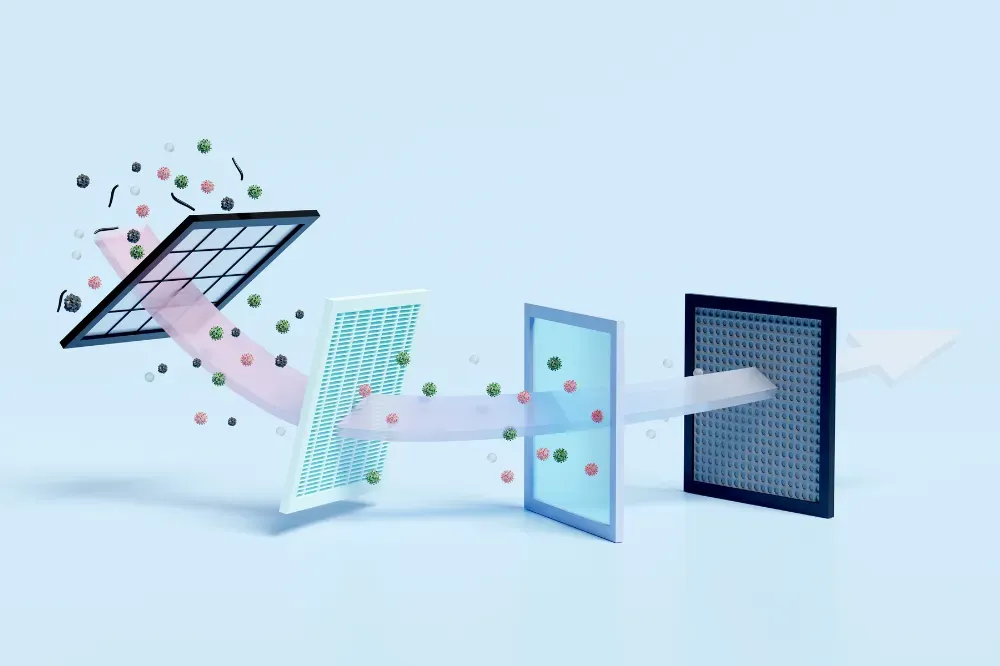
When selecting the best air purifier for your baby's room, it's important to choose one that does not produce ozone. Ozone generators and some ionizers can emit high concentrations of ozone, a lung irritant that can be particularly harmful to infants. The California Air Resources Board provides certifications for air purifiers that are safe and effective, which can guide you in making the right choice.
The best type of air purifier for a baby's nursery is one with a true HEPA filter and no ozone emissions. Features like a clean air delivery rate (CADR) suitable for small spaces, a low noise level to not disturb your baby's sleep, and built-in sensors for smart mode adjustments can also contribute to creating a safe and comfortable environment.
Maintenance and Placement Matter
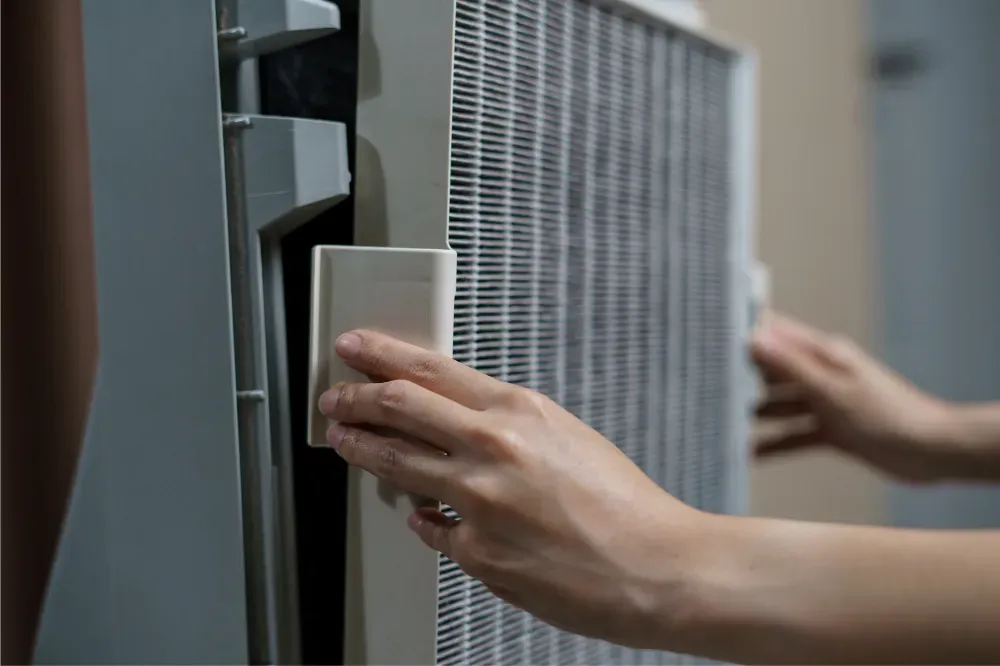
To ensure air purifiers are safe and effective, regular maintenance is crucial. This includes cleaning and replacing filters as recommended by the manufacturer to prevent the buildup of harmful particles. Additionally, the placement of the air purifier is important; it should be positioned away from the baby's crib and rocking chair to avoid direct airflow and ensure even distribution of clean air throughout the room.
Properly maintained air purifiers with HEPA filtration can operate safely all night long, providing cleaner air for your baby without any harmful effects. It's an effective way to reduce the risk of respiratory infections and create a healthy environment for your baby to thrive in.
Summary
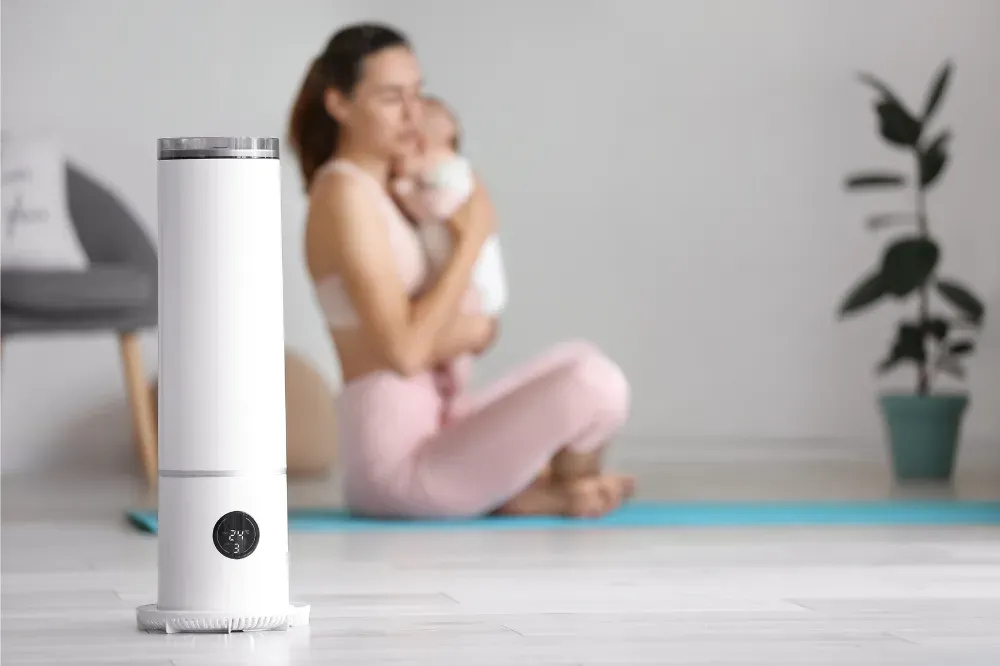
In conclusion, air purifiers can be a safe and beneficial addition to your baby's nursery, provided you choose the right air purifier and maintain it properly. By selecting a model with a true HEPA filter and avoiding those that generate ozone, you can protect your baby from airborne allergens and pollutants. Regular maintenance and strategic placement further enhance the safety and effectiveness of air purifiers, making them a valuable tool for ensuring your baby's health and well-being.
FAQ Section
Q: Can air purifiers help prevent respiratory issues in babies? A: Yes, air purifiers with HEPA filters can trap airborne allergens and contaminants that may cause respiratory issues, such as asthma or allergies, thereby helping to prevent these conditions in babies.
Q: Are there any air purifiers that should be avoided in a baby's room? A: Avoid air purifiers that produce ozone, such as ozone generators and some ionizers, as ozone can be harmful to a baby's developing respiratory system.
Q: How often should I replace the filters in my baby's air purifier? A: Follow the manufacturer's recommendations for filter replacement. Generally, HEPA filters should be replaced every 6 to 12 months, while an activated carbon filter may require more frequent changes, depending on usage.
